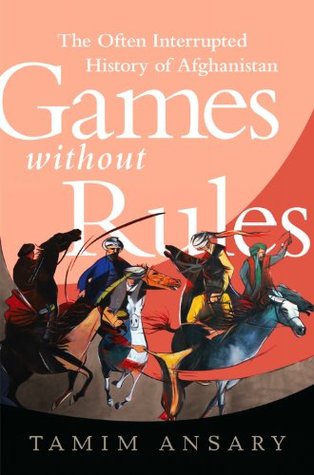The council was a standing body but didn’t meet regularly—only when some issue came up. The jirga couldn’t arrive at a decision by a simple vote. It had to stay in session until the group arrived at a consensus. This was a way to disarm future conflicts, because a decision by simple vote would likely leave a majority triumphant and a minority smoldering. Any such resentment was bound to flare again later in some seemingly unrelated context.
Welcome back. Just a moment while we sign you in to your Goodreads account.


